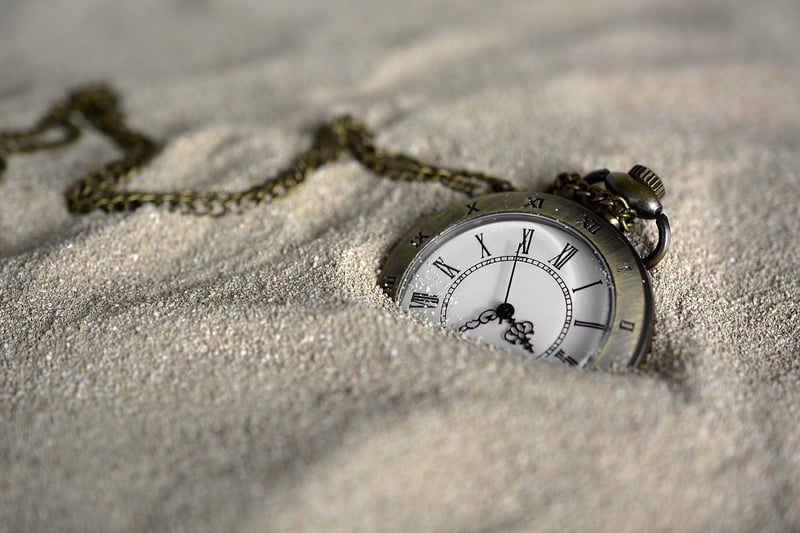Temporal Paradoxes
Exploring Moral Implications and Temporal Paradoxes
Time travel has always been a fascinating concept, capturing the imagination of many across different cultures and generations. However, delving into the realm of temporal paradoxes brings to light a myriad of moral implications that can have profound effects on the fabric of reality.
The Grandfather Paradox
One of the most well-known temporal paradoxes is the Grandfather Paradox. Imagine a scenario where a time traveler goes back in time and prevents their grandfather from meeting their grandmother. This would mean that the time traveler would never be born, leading to a paradox - if they were never born, how could they go back in time to prevent their grandparents from meeting?

Moral Dilemmas
Time travel raises complex moral dilemmas. For instance, if one could travel back in time, should they interfere with historical events to alter the course of history for the better? What are the consequences of such actions, and who determines what constitutes a "better" outcome?
Image source: Pixabay
Temporal Loops
Temporal loops are another intriguing aspect of time travel. These loops occur when an event influences the past in a way that ultimately leads to the same event happening again - creating a loop with no clear beginning or end. This raises questions about free will and determinism.
Conclusion
Exploring temporal paradoxes not only challenges our understanding of time and causality but also forces us to confront deep moral questions about the consequences of altering the past. While time travel remains a theoretical concept, contemplating its implications can provide insights into our own values and ethics.
